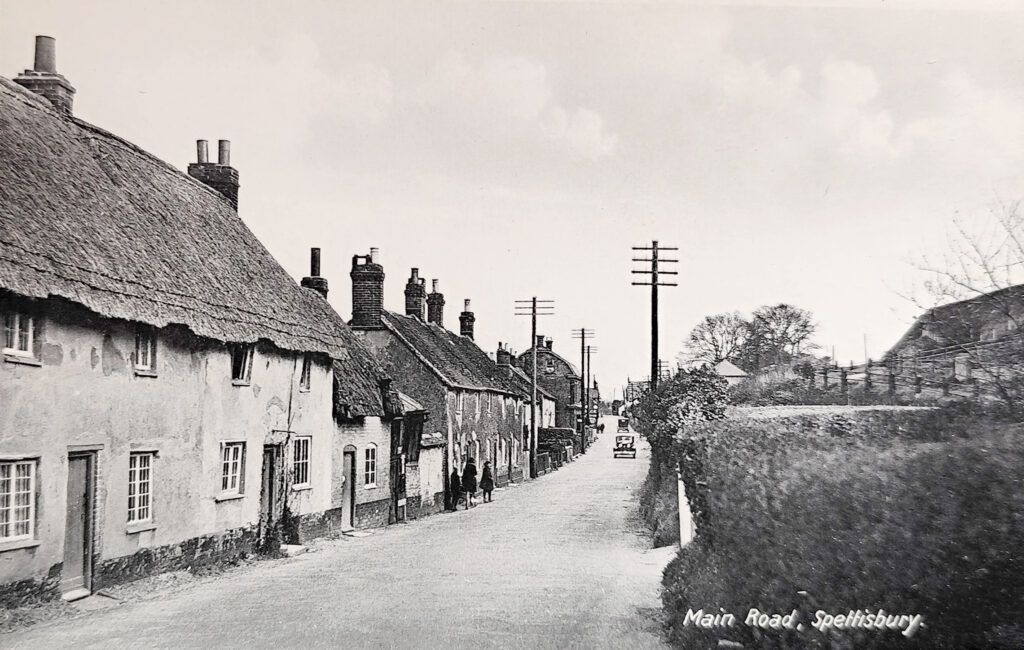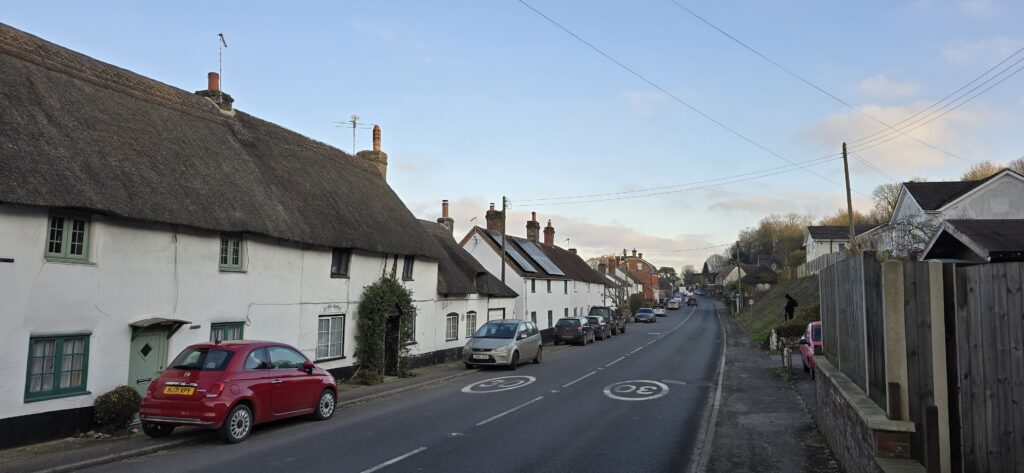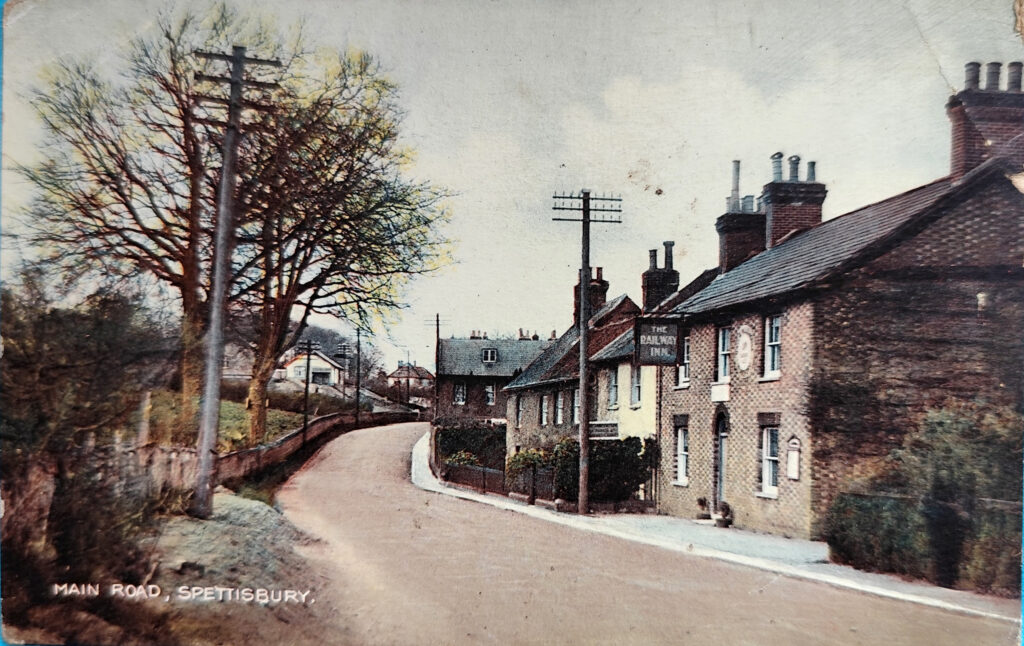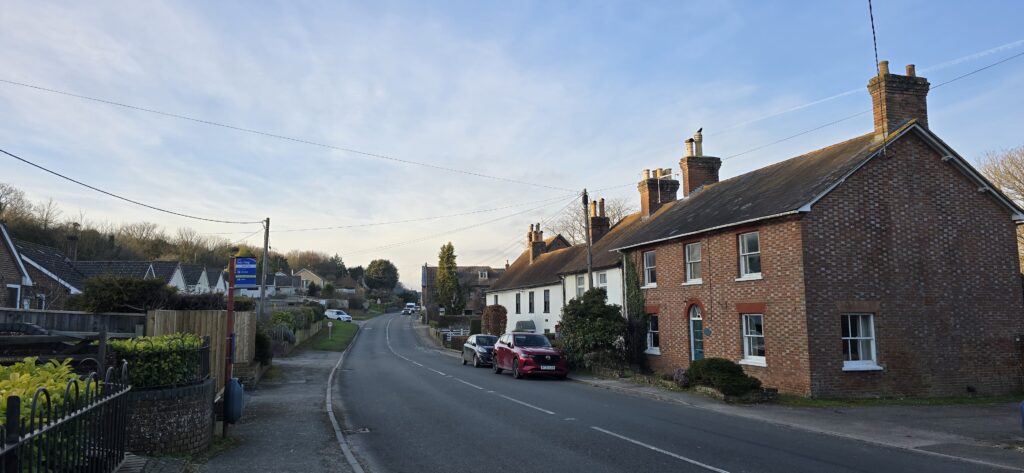Imogen Davenport, Dorset Wildlife Trust’s director of nature-based solutions, says good planning can support both homes and nature

There has been much discussion in the news about planning and development recently, with the government pledging to build 1.5 million homes over the next five years, expand airports and curb the influence of ‘NIMBYS’ and ‘blockers.’ In our area, housing targets set by the government have doubled for Dorset Council, while Bournemouth, Christchurch and Poole face a significant increase on their existing targets.
While we are not opposed to development in the right place, and recognise the need for new housing and economic growth, this must not come at the expense of the natural environment. Dorset Wildlife Trust had already expressed concerns about whether the original targets could be met alongside our local councils’ ambitions to tackle the climate and nature emergencies – let alone the newly- increased targets. The current planning system does not consistently safeguard wildlife from the impacts of development, and, despite the introduction of ‘biodiversity net gain’ last year, much more needs to be done before it delivers meaningful progress for nature’s recovery.
Reform of the system is not unwelcome, but we must only support changes if they genuinely improve outcomes for nature. It is deeply disappointing to see recent rhetoric that blames newts, bats … and local communities … for delays in development. n reality, multiple factors, including market conditions and the capacity of planning departments, affect how quickly a proposal moves from application to completion. There is often a significant lag between permission being granted and construction beginning – current estimates suggest that more than one million approved homes remain unbuilt.
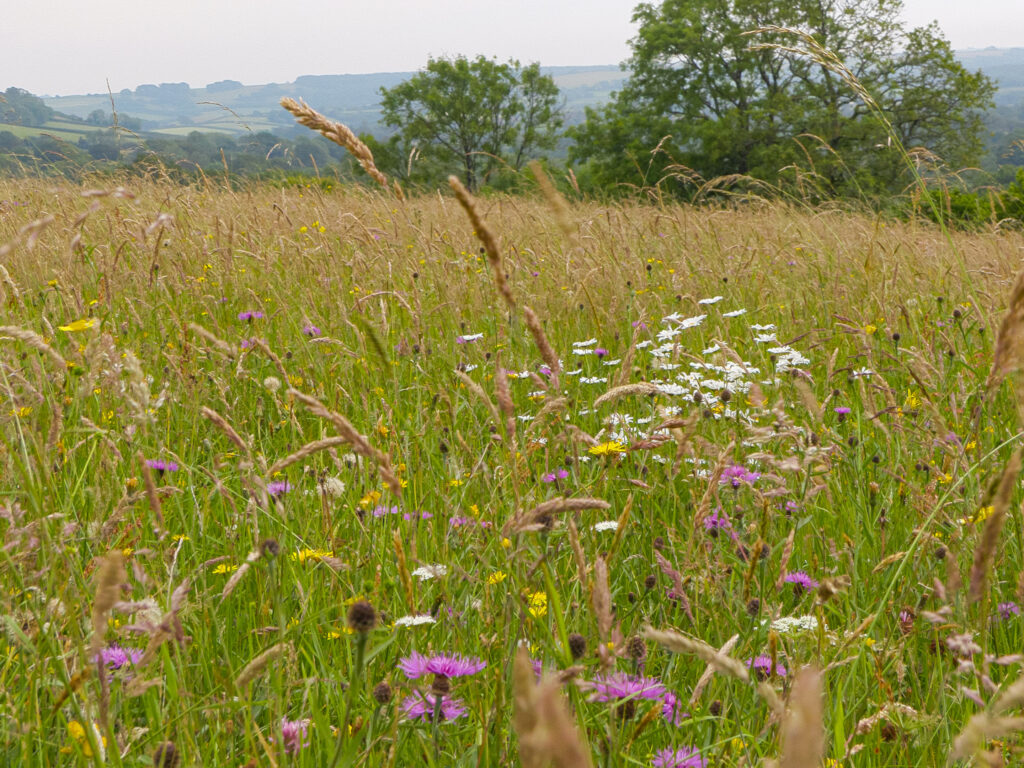
Don’t block, enable
There is no need to create a false conflict between nature and housing. It is entirely possible to design developments that avoid environmental harm. However, wildlife needs the right safeguards and local communities must be able to raise valid concerns. One such safeguard is nutrient neutrality, which has become a political football – some headlines claim it blocks development, while others argue it ‘unlocks’ it. In truth, it mitigates one specific environmental impact of housebuilding.
Systems ensuring nutrient neutrality – such as those that enabled Dorset Wildlife Trust to acquire Wild Woodbury and Lyscombe for nature restoration – allow development to proceed, provided it also meets all other planning and environmental requirements. The first test must always be to avoid harm, preventing poorly located or badly designed developments from going ahead.
Reforming the planning system presents an opportunity to take a transformative approach to development – one that benefits people, the economy and the environment while addressing the climate and ecological crises.
Thoughtfully designed housing that incorporates carbon-reducing technology such as solar panels, green infrastructure and wildlife spaces can deliver significant benefits for nature, communities and the climate. By integrating nature into development, we can create resilient, vibrant places where both people and wildlife thrive.
The UK Government must be as ambitious about nature recovery as it is about housebuilding.
We have legally binding targets to restore 30 per cent of land and sea for nature by 2030. However, the latest report from the Office for Environmental Protection (OEP) highlights that, between April 2023 and March 2024, the UK government was largely off track in delivering its 2023 environmental targets, with nature continuing to decline. The report reinforces that good regulation, when effectively applied, is not a blocker but an enabler – ensuring development benefits the environment, people and the economy in the long term.
Abandoning nature protections would be disastrous, particularly as we face worsening floods, storms and record-breaking temperatures. Time and again, evidence has shown that a healthy environment underpins economic growth, providing essential services such as food, clean water and air. Restoring nature and taking bold climate action are the only ways to secure the true foundations of our economy.
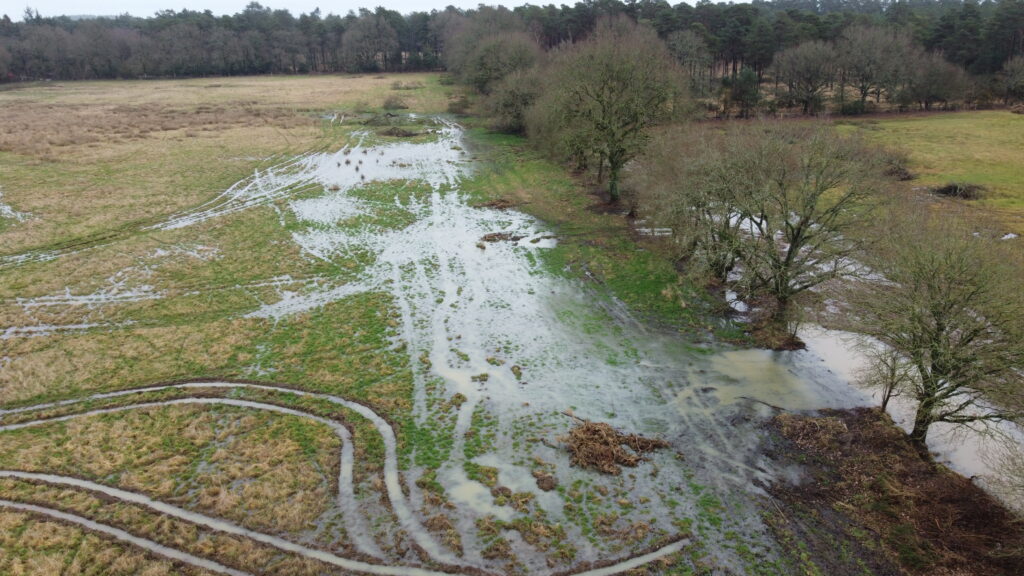
We urge the government and local planning authorities to ensure that housing targets are not met at nature’s expense. Development and environmental stewardship must go hand in hand to build resilient communities that benefit both people and wildlife.
We all have a role to play in protecting our local environment. Write to your MP today to voice concerns about poorly planned development and its impact on nature, people and the climate. Advocate for sustainable solutions that protect wildlife, enhance green spaces and support local councils in tackling the climate and nature emergencies. Time and again, local interventions – and the involvement of MPs – have influenced decisions and shaped better designs that allow nature to thrive.







